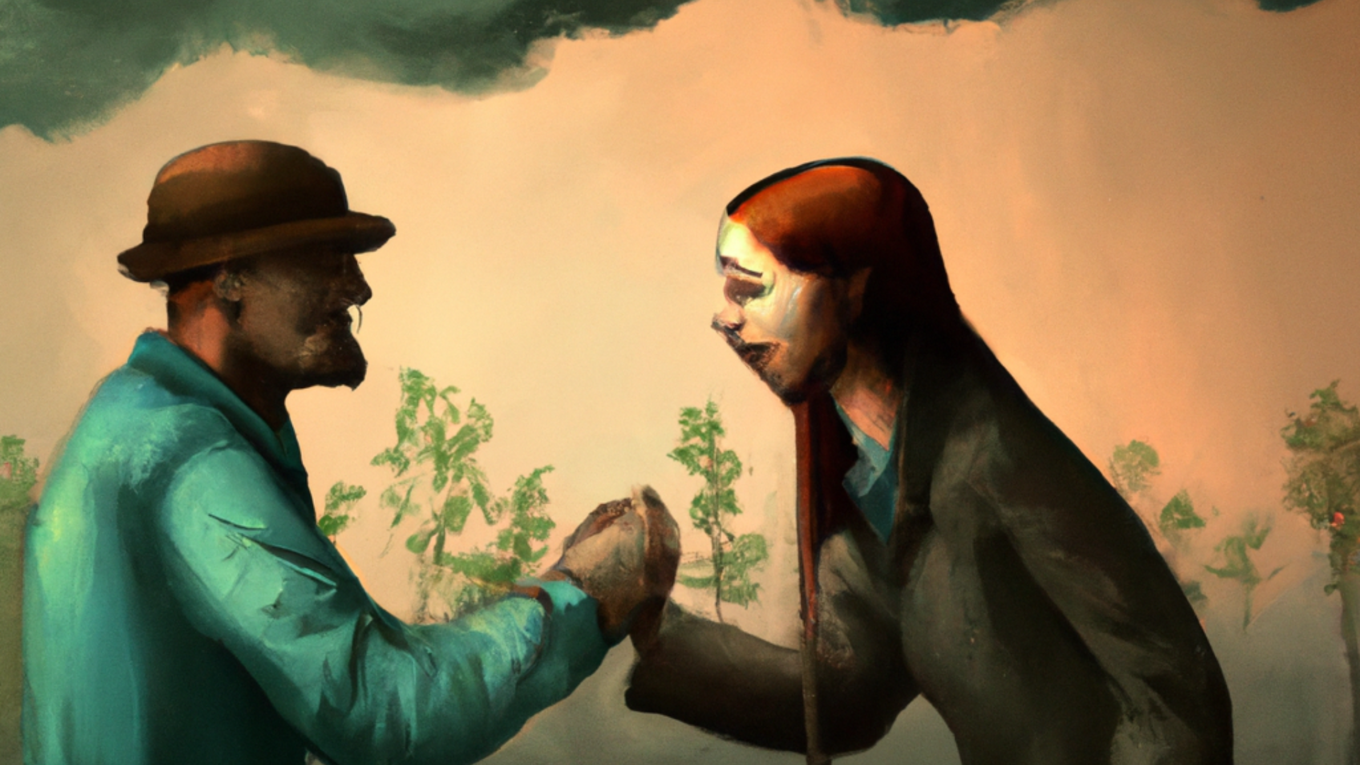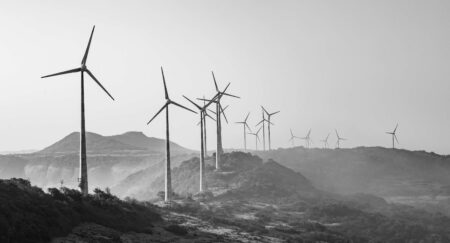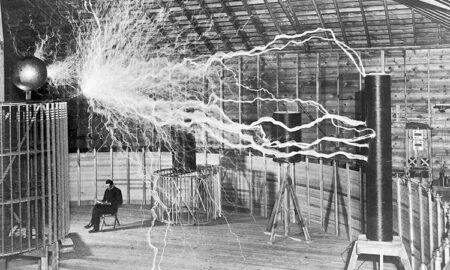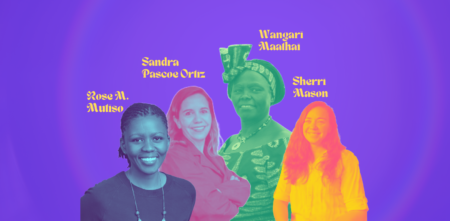The signs of climate change are present in every country and community of the world. Yet, despite the glaring evidence, we have been slow to act and accept the lessons of environmental education.
The current hesitation and lack of urgency in terms of climate action seems completely irrational given the extent of the environmental threat and the knowledge we possess. Why, when our livelihoods and personal safety are in danger, do we ignore the call to action?
To answer this question we need to look inside our brains. Over the thousands of years of human existence, we have developed many coping mechanisms to deal 犀利士 with the harsh realities of life on our planet. Essentially, we have built up a mental ‘wall’ which prevents us from solving problems which feel irrelevant or impersonal to us.
If you have watched the Netflix film Don’t Look Up, a satire on the climate crisis and modern news media, you will have seen this mental ‘wall’ or ‘block’ in action.
In the film, a group of scientists discover that a meteoroid is on a collision course with Earth. In a state of shock they attempt to warn everyone, attending meetings with influential political figures and talking on popular news broadcasts. However, their expert analysis does not inspire people to act. At the end of the movie, the meteoroid comes into view and people start to panic, but, at this point it is too late.
When we engage with people on climate change and sustainability, we need to understand the cognitive biases in our brains because, unfortunately, the simple facts are not enough.
In this article, we look at cognitive biases related to environmental issues and discuss solutions about how we can reframe our sustainability lessons.
Cognitive biases and the climate crisis
The blame game
One problem we need to overcome is trying to assign blame rather than coming together and accepting collective responsibility.
We have seen the blame game play out during recent global summits, especially on the contentious issue of ‘Loss and Damage’ funding. Commentators from the USA and Europe tend to point the finger at China for burning coal and being a world leader in GHG emissions. However, China, and other emerging economies like India, contend that European governments and the USA should shoulder most of the blame because of their historic emissions output.
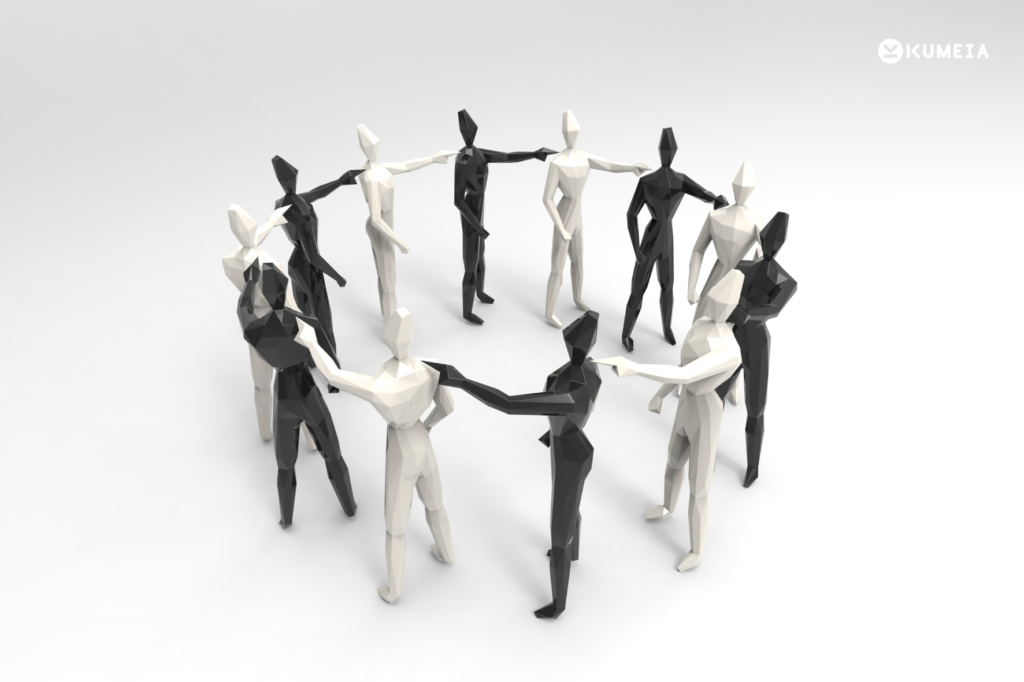
So, why do these talks or any other discussion about the climate often descend into a blame game?
A research paper published by Harvard University suggests that egocentrism is the key to understanding our blame culture. Egocentrism basically describes our tendency to make assessments based primarily on our own self-interest. This in turn clouds our judgement when it comes to making a final decision which is fair and just for all parties (Shu and Bazerman, 2010).
Ultimately, people do not intend to create an unfair outcome but because of their ego, they are unable to review the relevant evidence with objectivity.
Ignoring the future
As well as ignoring our own actions and hypocrisy, we also ignore our long term goals to prioritise our present needs.
You might think that the future is on your mind a lot of the time, but our brain is actually trained to focus on the present and the daily challenges we face.
This psychological phenomenon is called ‘hyperbolic discounting’ and it leads us to dismiss the problems which are not immediately in front of us. Scientists believe this mindset has its origins in our evolutionary past. For example, when humans were hunter gatherers, we would kill and eat at the first opportunity rather than wait for bigger prey to reveal themselves (BBC, 2019).
Relentlessly focussing on the present was important for our past survival. However, nowadays, we have different problems and hyperbolic discounting prevents us from taking decisive action to improve our sustainability record and secure our future.
Avoiding responsibility
In many situations individuals avoid their responsibilities because they believe someone will step in and solve the problem for them. This kind of thought process is called the bystander effect and it refers to the correlation between our motivation to act and the number of people present and involved in the issue.
For example, when we witness a crime, we are more likely to help the victim if we are the only person or bystander on the scene. If there are more people around, we might expect them to call the police or comfort the victim instead of ourselves.
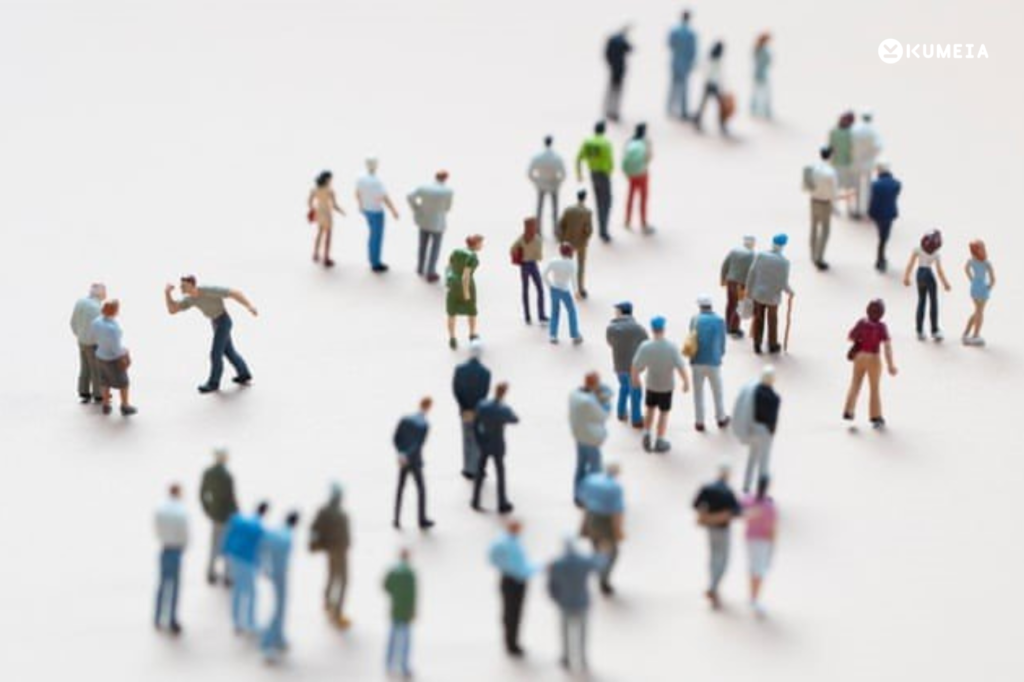
This bystander effect is relevant to the climate crisis in two ways: Firstly, we can practically count every living person on the planet as a bystander or witness to the problem of climate change. Therefore, many will wrongly believe that other people will solve the problem.
Secondly, we might feel unwilling to commit to climate action because of the high level of public scrutiny. Ultimately, people do not want to make a mistake in front of an audience. So they will wait for other people to make the first move.
Solutions to beat our cognitive biases
So, with all these psychological barriers affecting our path to a more sustainable world, we need to ask the question – is it even possible to motivate everyone to join the climate fight?
At Kumēia, we believe that it is possible. We simply need to change how we sell our cause to the world. Sustainability education and climate action has to be framed as a net positive.
Yes, we are committing to this action because of the possible grave consequences for our planet. However, through engaging in these activities we can learn new skills and enhance our personal relationships.
Keep it local
When we talk about climate change we should focus on local issues which people understand and feel emotionally connected to.
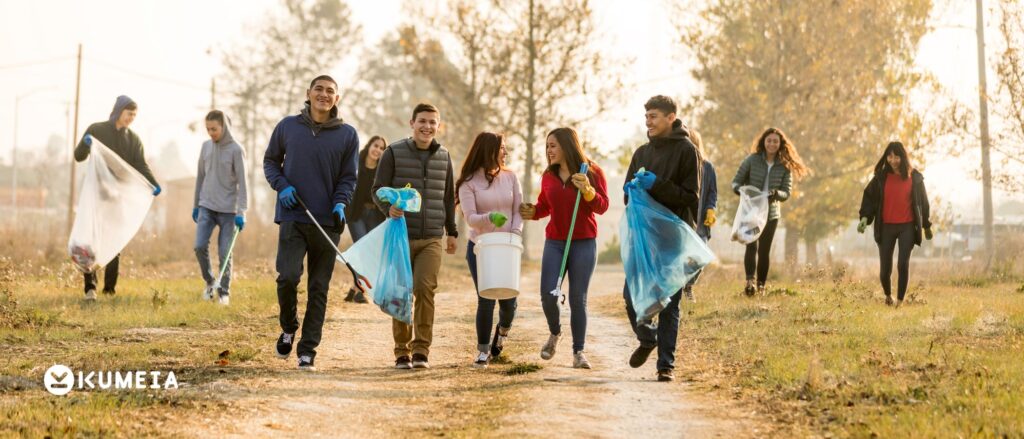
The non-profit Keep America Beautiful has gathered evidence which reveals a link between people’s pride in their local area and their engagement in sustainable activities. In their 2009 littering study, they reported that community appearance was associated with lower rates of reported littering behaviours (Keep America Beautiful, 2009).
This research is encouraging, it is clear that people will change their behaviour based on their desire to live in cleaner and more attractive surroundings.
Give people more control
If we are going to make a real difference on the climate crisis we cannot only rely on citizen’s goodwill. We need to organise and fund large-scale efforts to help people effectively fight against environmental damage.
In Costa Rica, the government has enjoyed huge success with forestation projects because their green policies directly support and fund local and indigenous communities. Through an innovative tax system the Central American country has paid out around $500 million to landowners and has been able to save 1 million hectares of forest (CNN, 2020). With more knowledge and financial power, individuals will do the right thing for the climate.
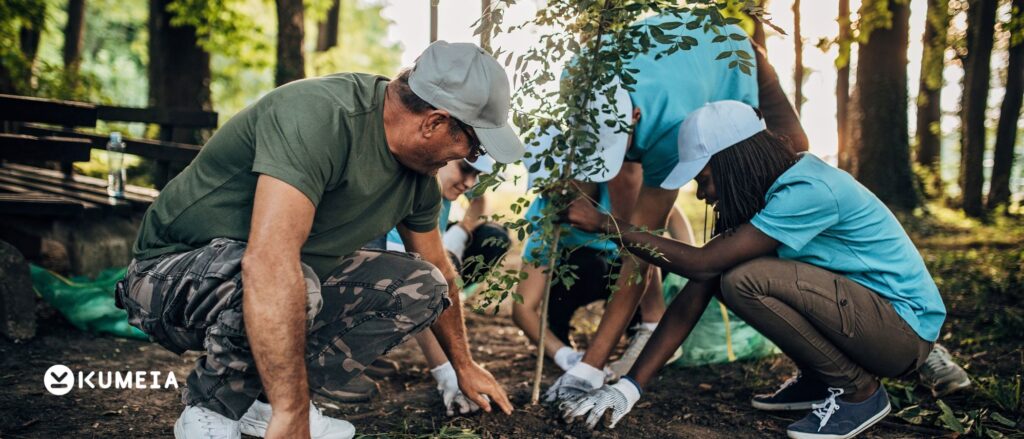
Keep the conversation going about cognitive biases
Climate change is a problem unlike any other we have faced, so it is understandable why our brains might want to block it out. However, we should be reassured that our brains are also capable of incredible innovations. We have survived as a species thus far because of our ability to adapt.
For sustainability educators and activists, we need to keep the conversation going, and try to motivate people by reframing climate change as a local issue and climate action as an empowering activity.
Check out more resources on the relationship between our brains and fighting against climate change:
- https://www.bbc.com/future/article/20190304-human-evolution-means-we-can-tackle-climate-change
- https://www.researchgate.net/publication/228169343_Cognitive_Barriers_to_Environmental_Action_Problems_and_Solutions
- https://www.space.com/dont-look-up-climate-change-comet-metaphore-scientist-praise
- https://edition.cnn.com/2020/07/27/americas/reforestation-costa-rica-c2e-spc/index.html

